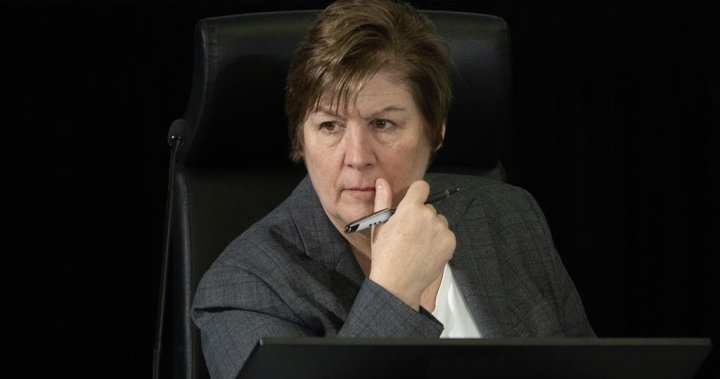Justice Marie-Josée Hogue’s report highlights the potential vulnerability of party nominations to foreign interference, with concerns raised about the lack of independent oversight in the process. The report points to the decentralized nature of nomination contests and the varying approaches taken by different parties and their local associations, which makes it difficult to ensure fair representation, particularly in terms of gender diversity. While parties have the autonomy to set their own rules for nominations, they also bear the responsibility of vetting candidates to ensure they align with the party’s values and principles.
The report underscores the increasing threat of interference in the nomination process from foreign entities with hostile intentions. The major federal parties, however, appear hesitant to address this vulnerability, with limited oversight and monitoring mechanisms in place. While Justice Hogue’s report does not explicitly outline the reasoning behind nominations being a potential “gateway” for foreign influence, the case study of the 2019 Liberal nomination in Don Valley North sheds light on some concerning practices. Allegations of foreign interference in favor of a candidate, such as busing in ineligible voters, raise questions about the integrity of the process.
Foreign interference in nomination contests is not a new phenomenon, but the use of questionable tactics by foreign states like China, Iran, or India adds a new dimension to the risks involved. The lack of oversight at the federal level leaves nominations largely in the hands of party organizations, with minimal intervention from external bodies such as Elections Canada. Parties are urged to take the threat of foreign meddling seriously and adapt their processes accordingly, but the absence of concrete oversight mechanisms raises concerns about the integrity of the nomination process.
Efforts to prevent foreign influence in the nomination process are hindered by the decentralized nature of party operations and the limited oversight mechanisms in place. Party volunteers and officials face challenges in scrutinizing nominations for potential interference, raising questions about the effectiveness of current vetting processes. Despite calls for increased oversight, the major federal parties have not expressed support for external monitoring of their nomination processes, instead emphasizing the robustness of their existing rules and procedures.
Amidst allegations of impropriety and interference in recent nomination contests, concerns persist about the transparency and fairness of the process. The lack of independent oversight leaves Canadians to rely on parties’ assurances that they are taking steps to safeguard against interference. As foreign entities seek to influence Canadian politics through nomination contests, the need for greater vigilance and accountability in the process becomes increasingly apparent. The onus is on parties to ensure the integrity of their nominations and protect the democratic process from external manipulation.
In conclusion, the potential vulnerability of party nominations to foreign interference highlights a pressing need for increased oversight and transparency in the process. Justice Hogue’s report serves as a cautionary warning about the risks involved and calls for parties to take proactive measures to safeguard against external influence. As concerns about interference grow, the lack of independent monitoring mechanisms raises questions about the integrity of nominations and the broader impact on Canadian democracy. Moving forward, addressing these vulnerabilities will be essential in preserving the democratic principles that underpin the nomination process.


